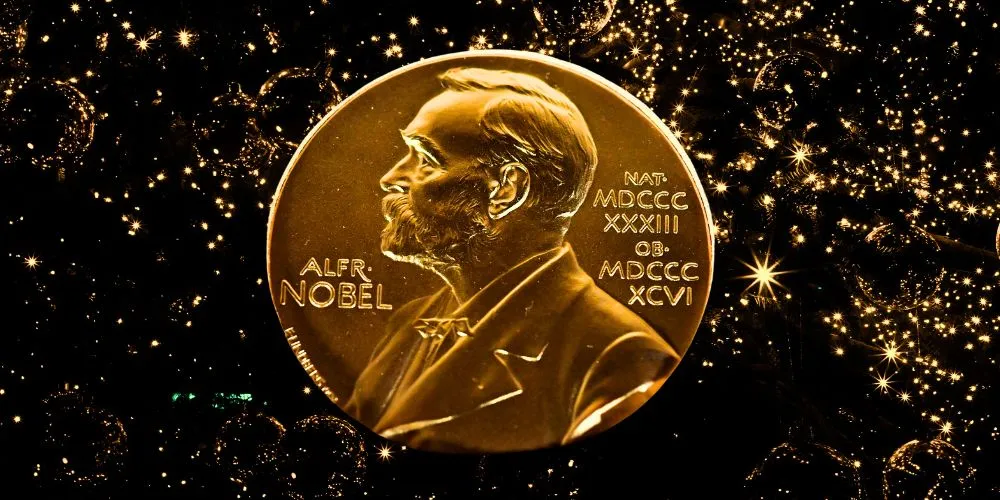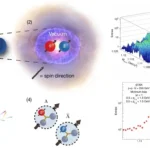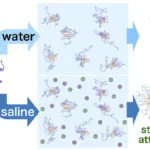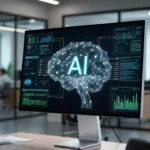Key Points
- AI research in neural networks won the Physics Nobel, sparking debate about its fit within physics.
- Some scientists argue the work belongs more to computer science, while others support its interdisciplinary nature.
- The Chemistry Nobel also recognized AI’s role in protein structure prediction through AlphaFold.
- These awards highlight the growing influence of AI in scientific discovery and the blurring of traditional boundaries between fields.
This year’s Nobel Prizes in Physics and Chemistry have ignited debates over the role of artificial intelligence (AI) in these fields. The Royal Swedish Academy of Sciences awarded the Physics Nobel to Geoffrey Hinton and John Hopfield for their pioneering work on neural networks, recognizing AI’s transformative power. Meanwhile, Demis Hassabis and John Jumper of Google DeepMind shared the Chemistry prize for their AlphaFold AI, which predicts protein structures, and David Baker for protein design tools.
However, not all scientists are pleased with the decisions. Critics argue that the research awarded in physics, particularly the contributions of Hinton and Hopfield, falls more within computer science than traditional physics. Jonathan Pritchard, an astrophysicist at Imperial College London, expressed his concerns on social media, describing the choice as a reflection of “AI hype” rather than a true physics breakthrough.
Similarly, Sabine Hossenfelder, a physicist at the Munich Center for Mathematical Philosophy, emphasized that while machine learning is an important field, it is not part of what she considers traditional physics. She highlighted that the Nobel Prize often provides an opportunity for physicists to step into the spotlight, which was somewhat diminished this year due to the interdisciplinary nature of the award.
On the other hand, many physicists welcomed the recognition of Hinton and Hopfield’s work, arguing that their research bridges physics, computer science, mathematics, and neuroscience. Matt Strassler, a theoretical physicist at Harvard University, pointed out the interdisciplinary nature of their contributions, which bring together several fields to address complex problems.
In the case of AlphaFold, the chemistry Nobel, it also celebrated the role of AI in advancing scientific understanding. David Jones, a bioinformatician at University College London, noted that while AlphaFold builds on pre-existing knowledge, it excels in combining insights from different scientific domains, allowing it to revolutionize the prediction of protein structures. John Jumper, co-creator of AlphaFold, stressed that its development was not merely a result of applying AI but rather an iterative process incorporating decades of research and collaboration within the scientific community.
Overall, the 2024 Nobel Prizes reflect a broader trend of recognizing interdisciplinary work, even as they stir discussions about the boundaries between fields like physics, computer science, and biology.





